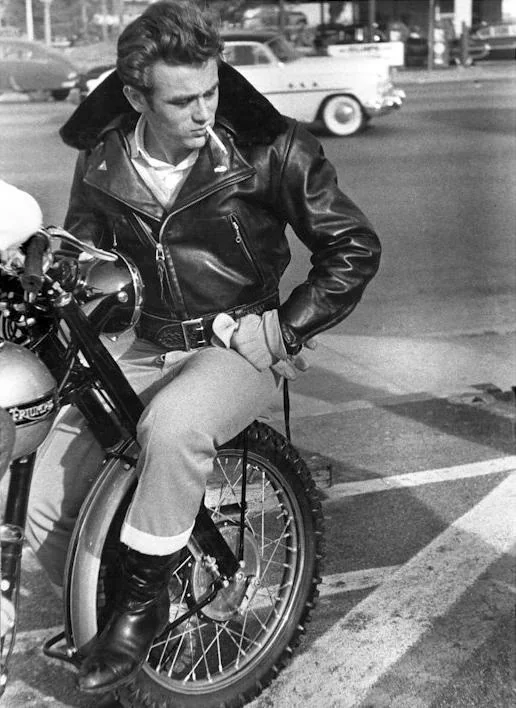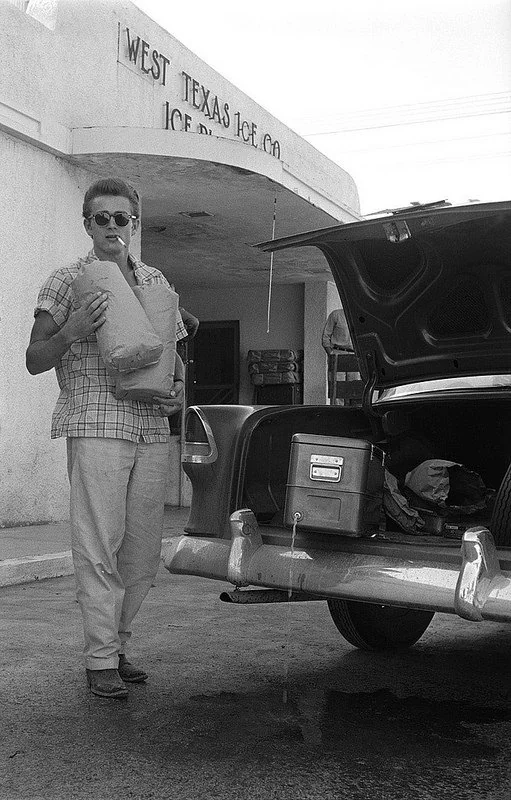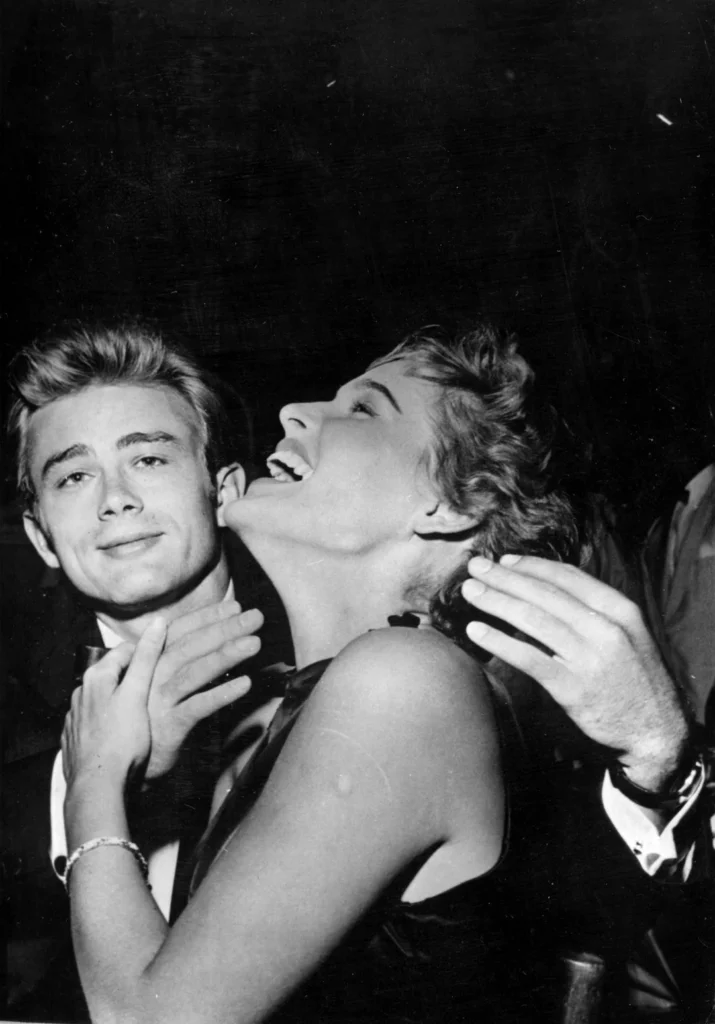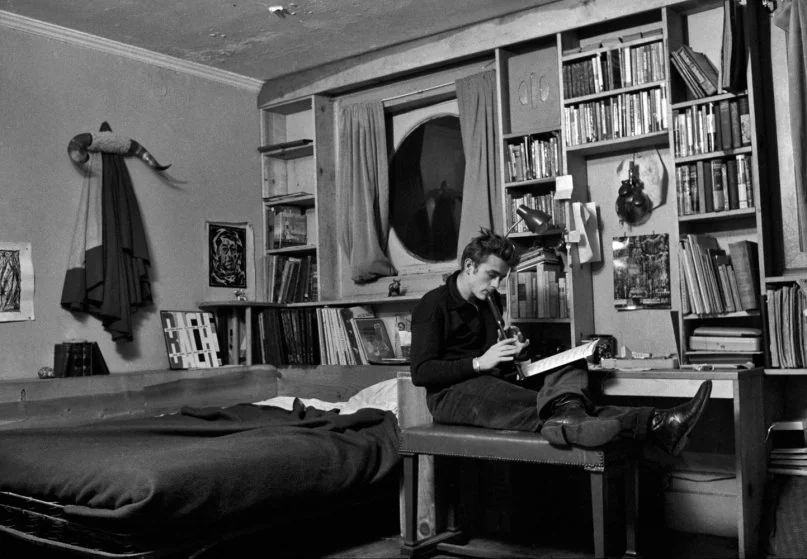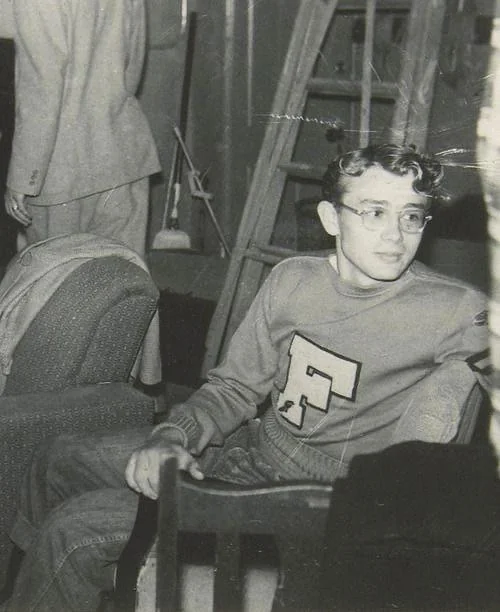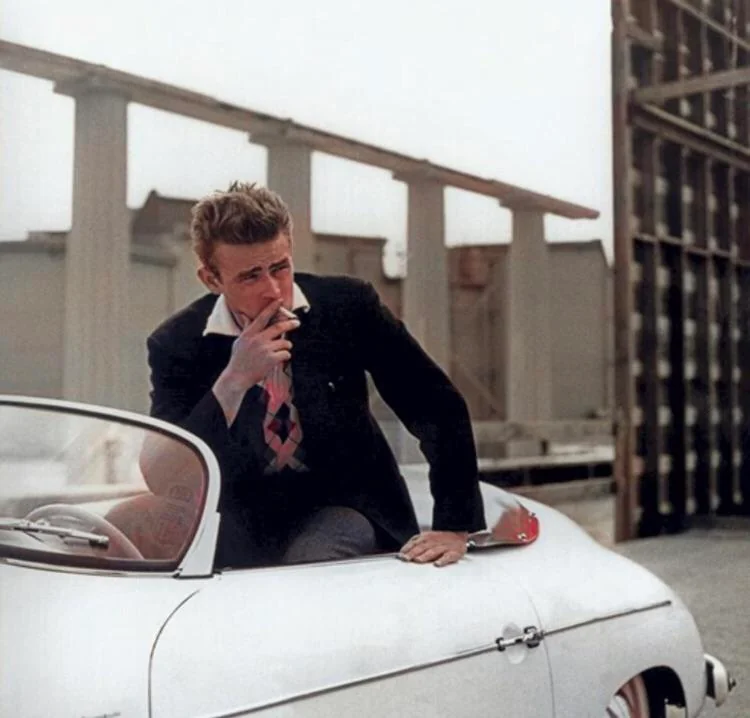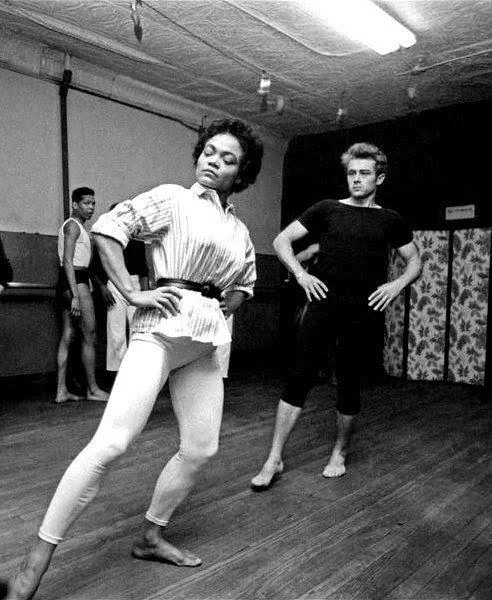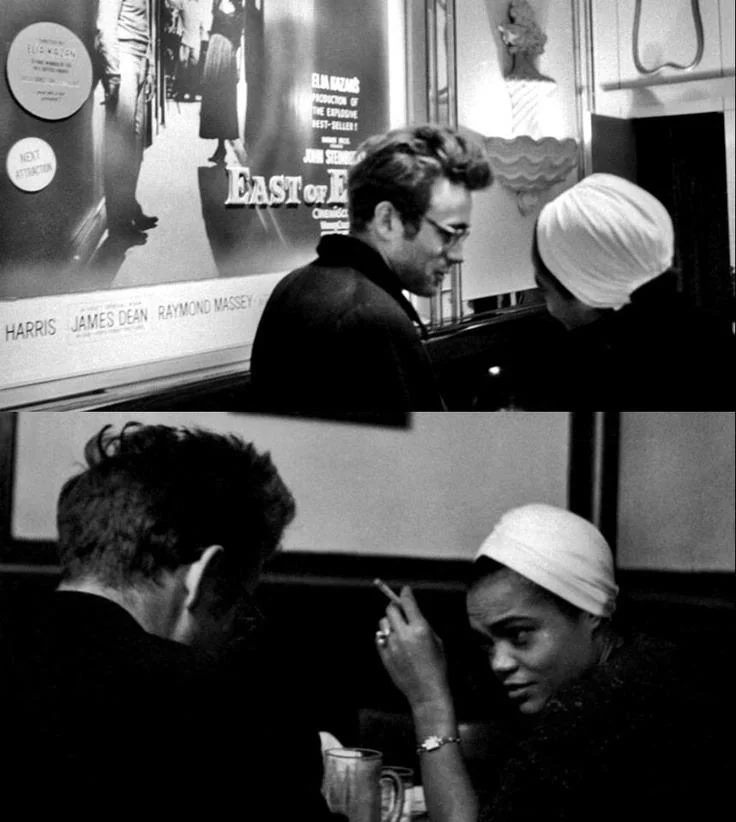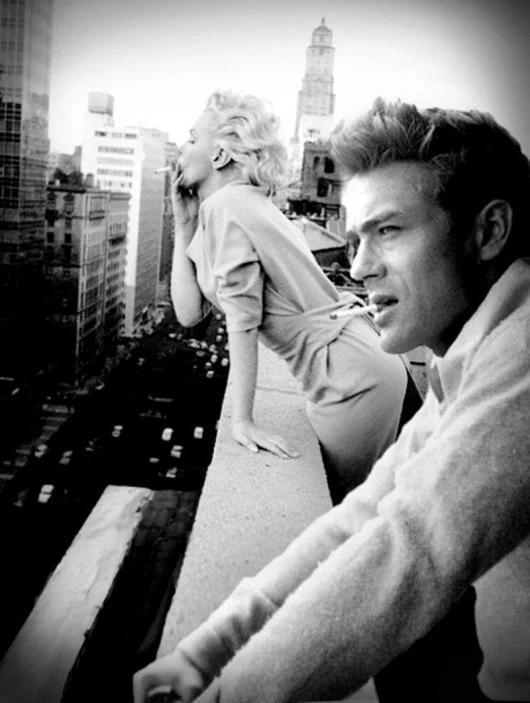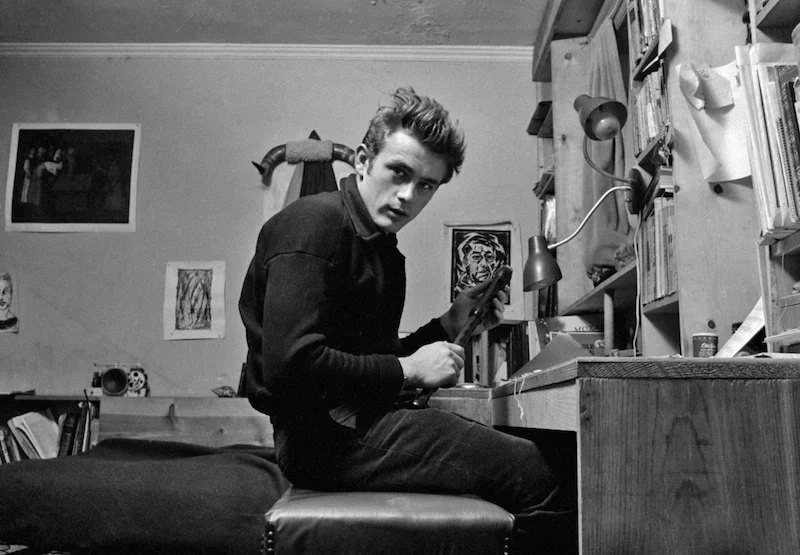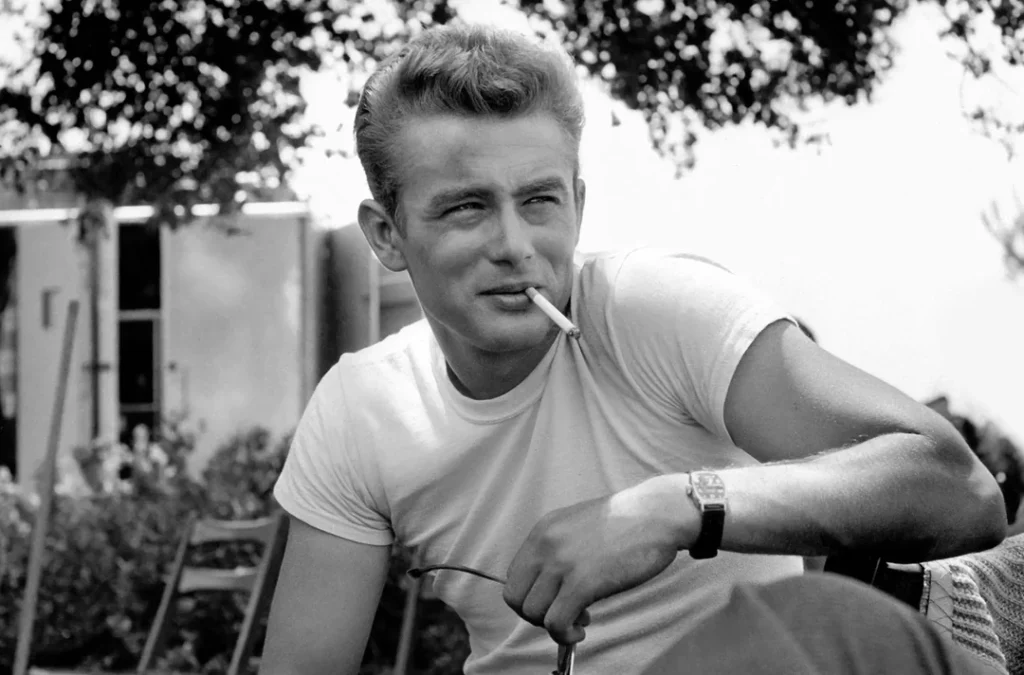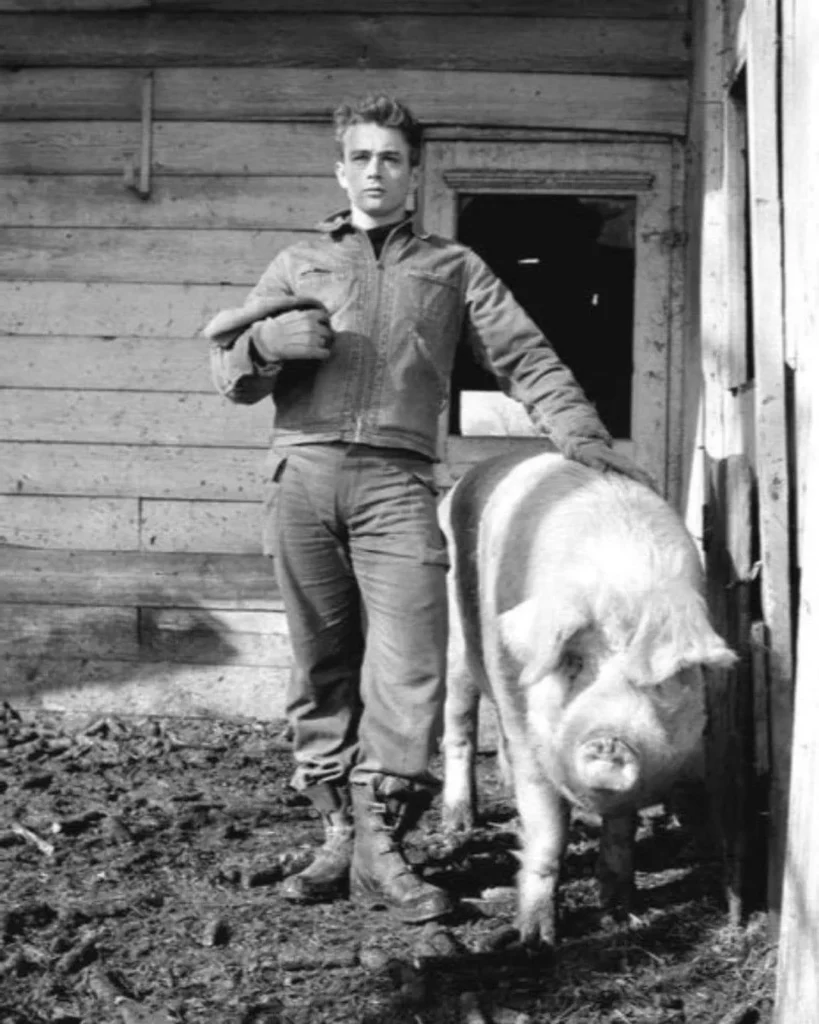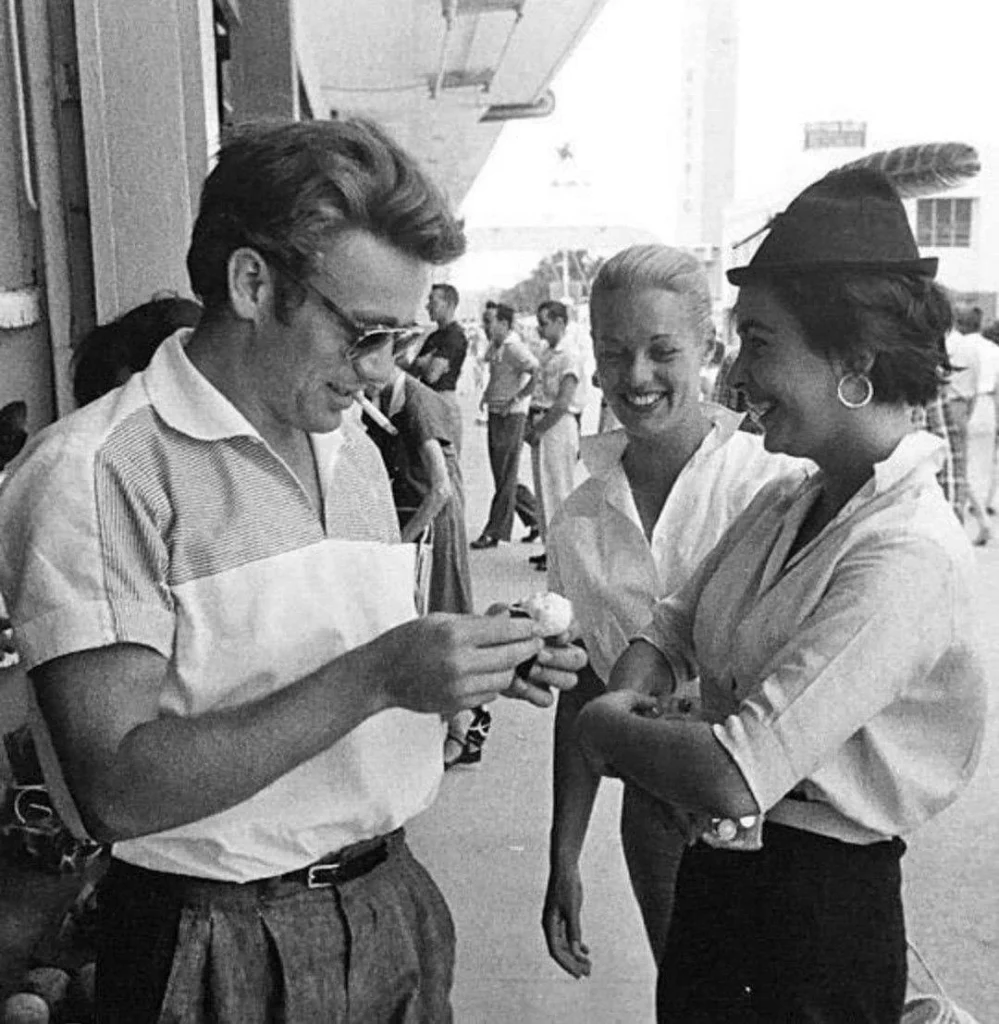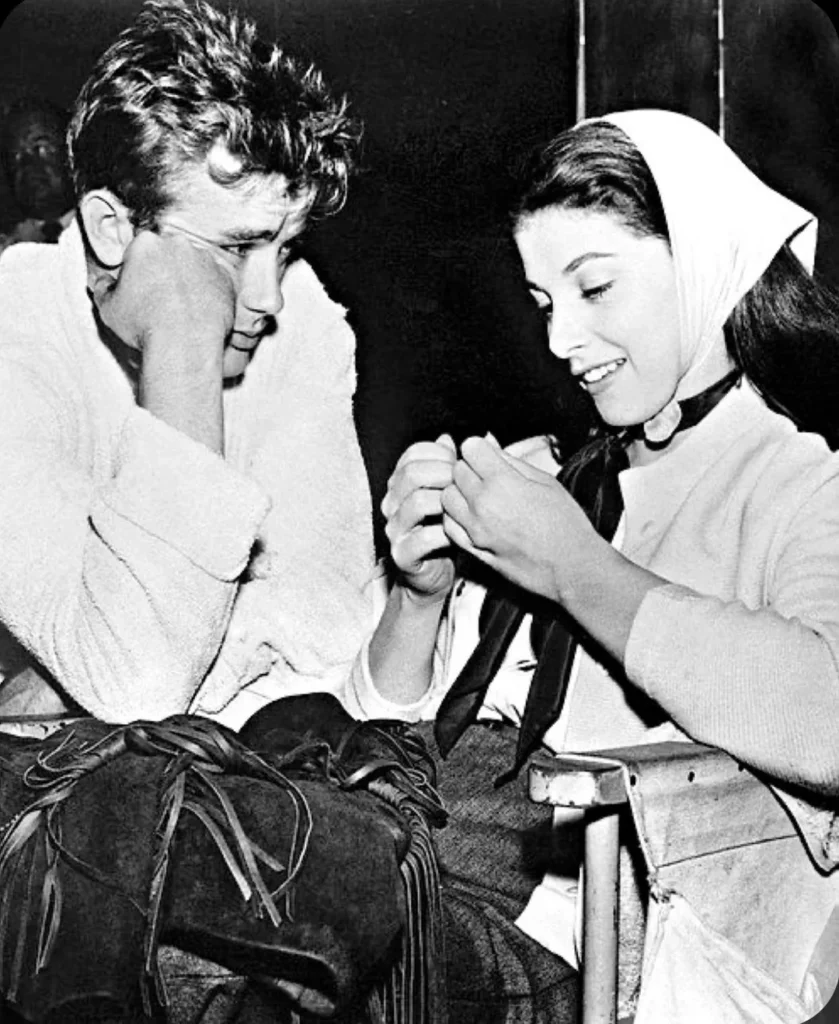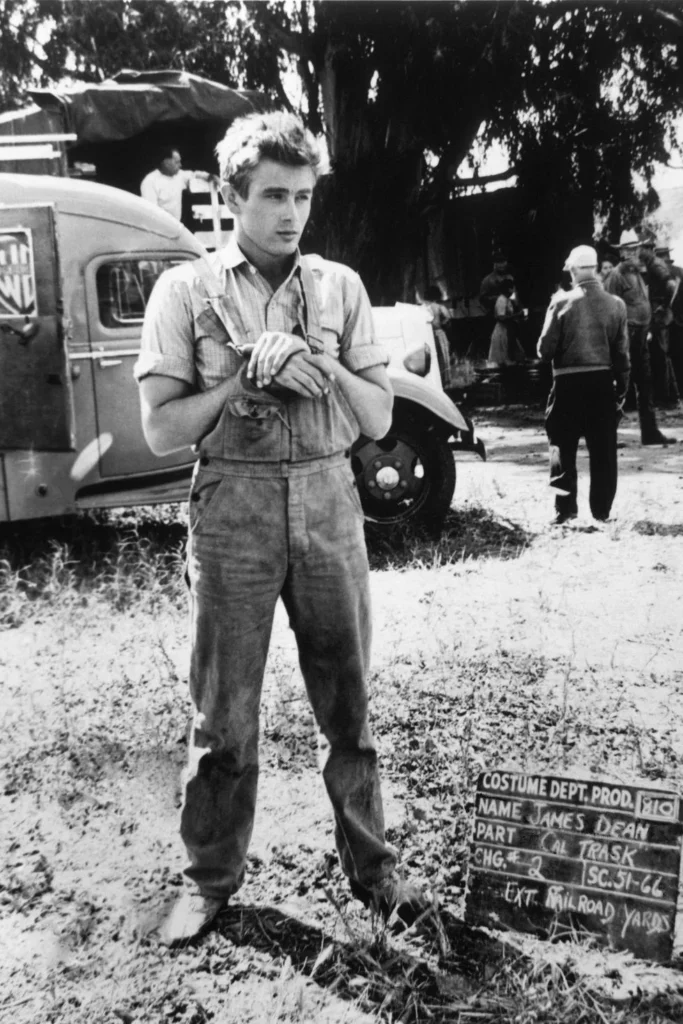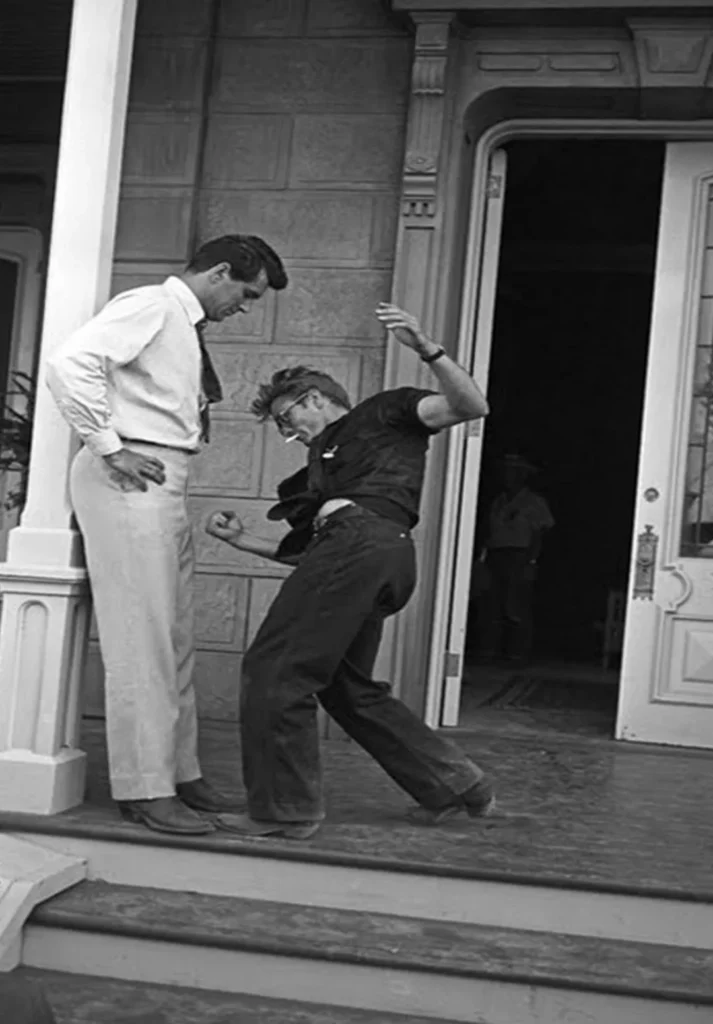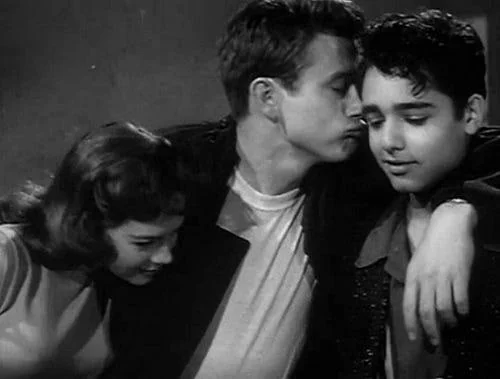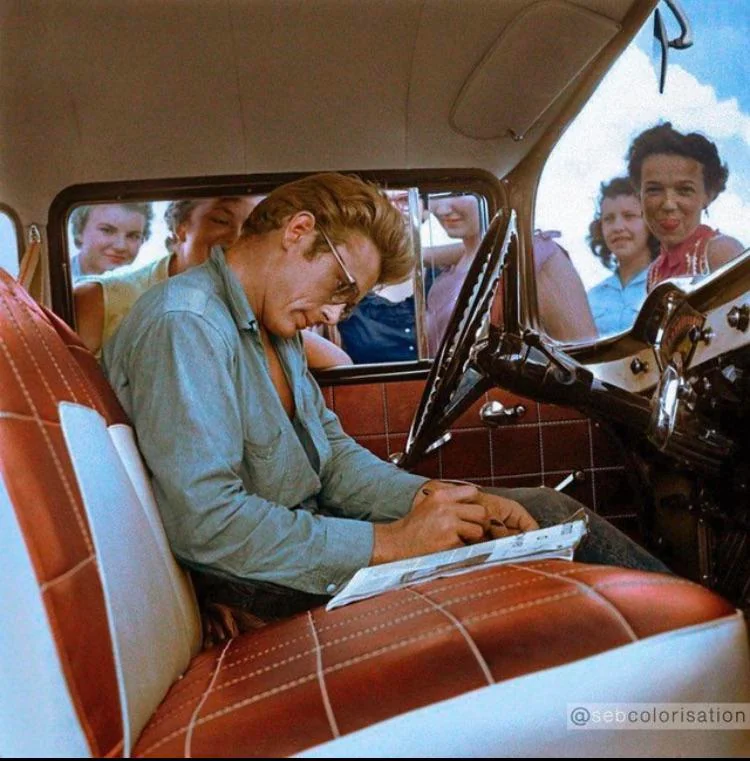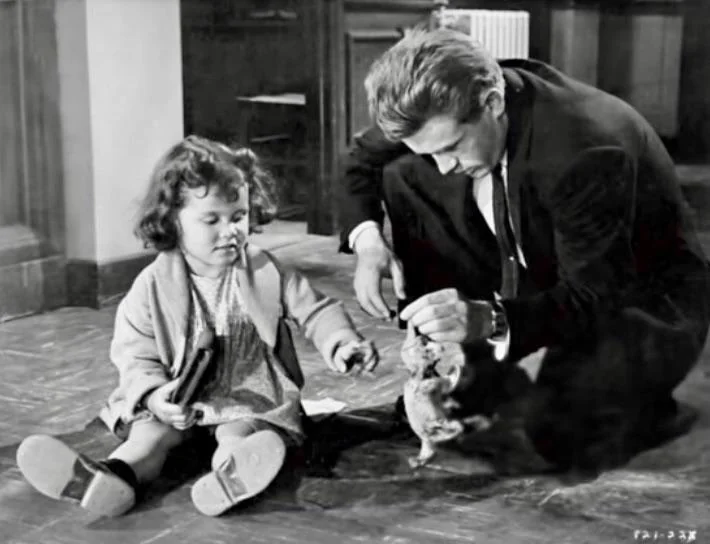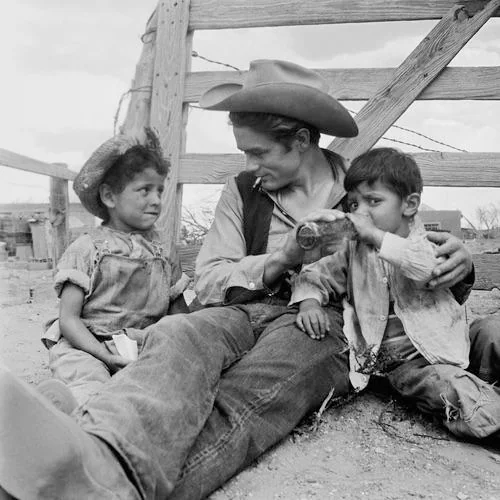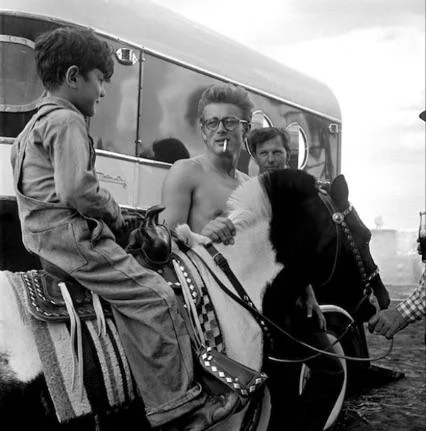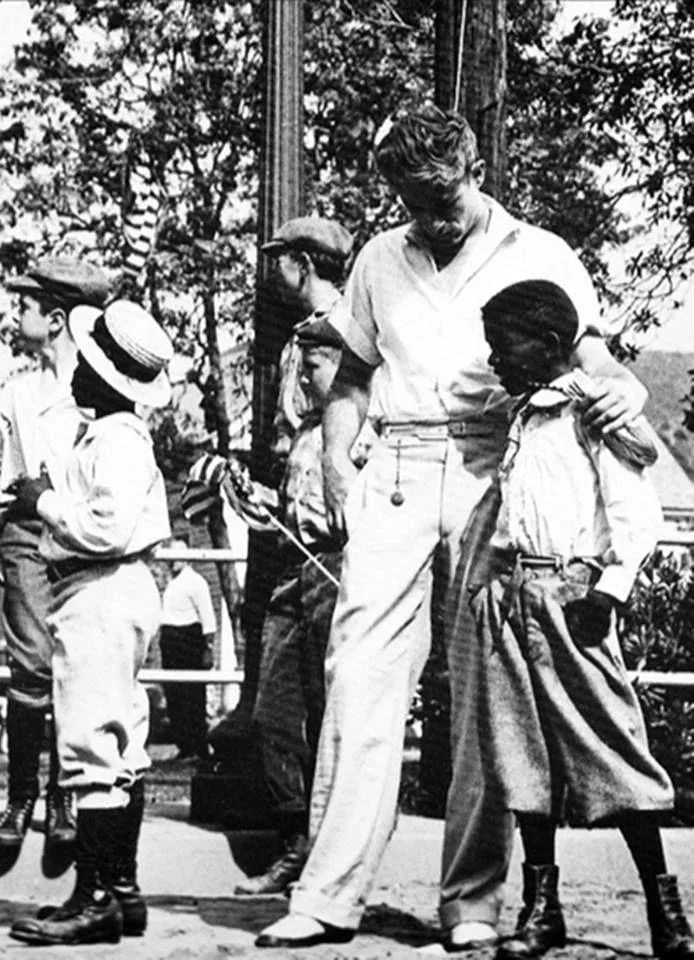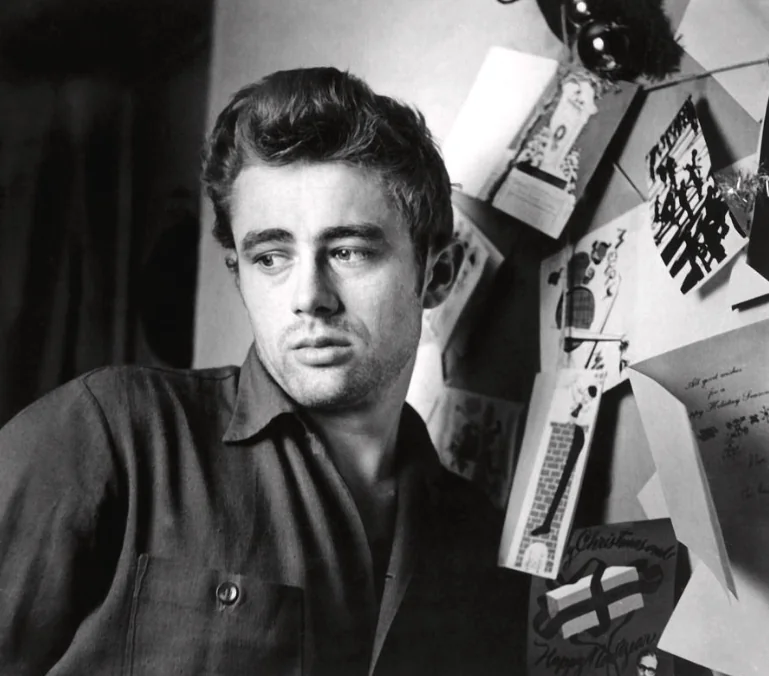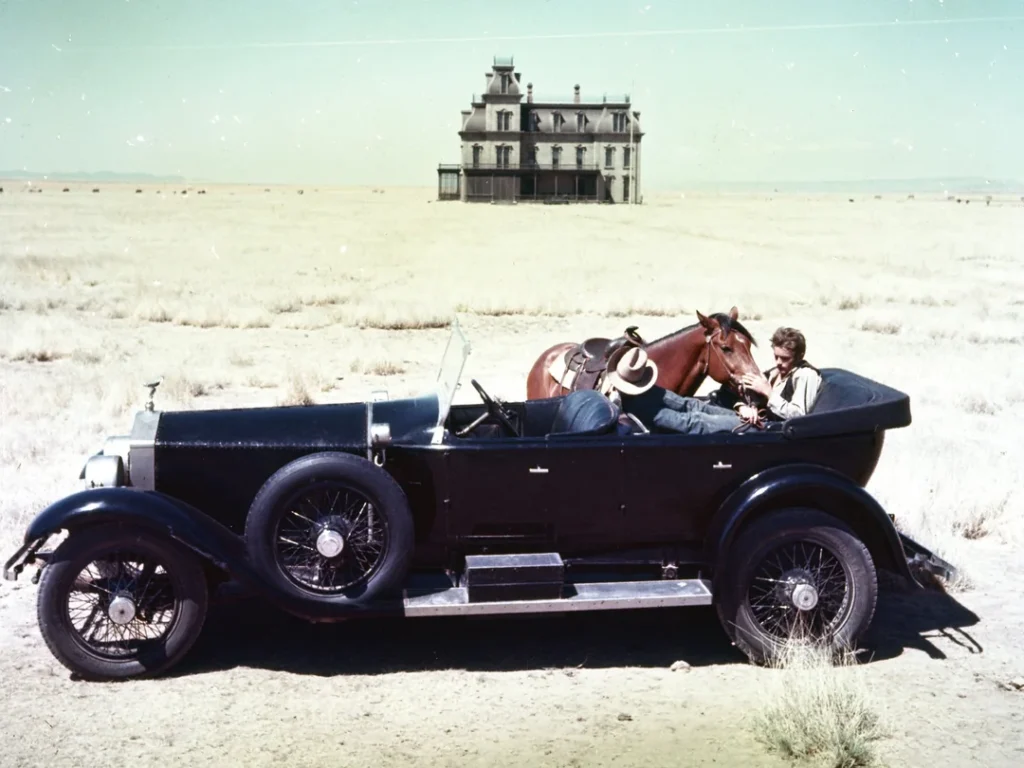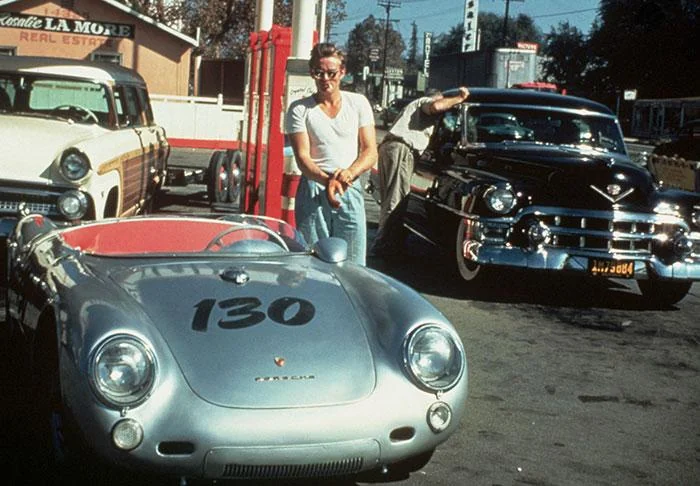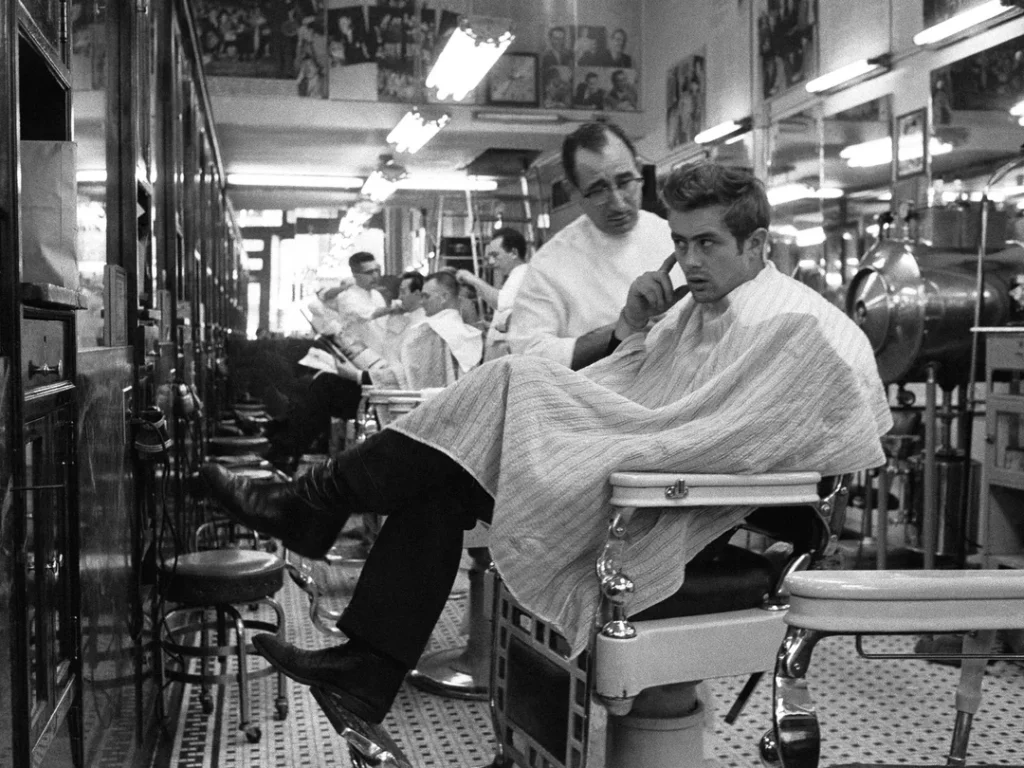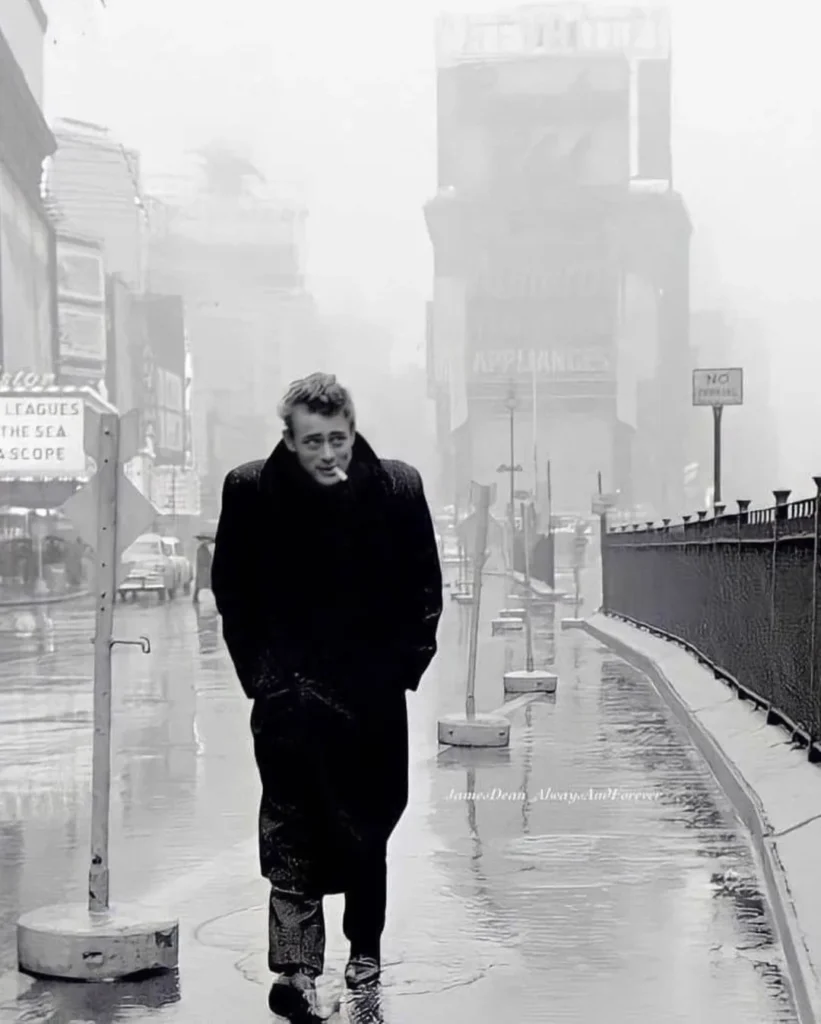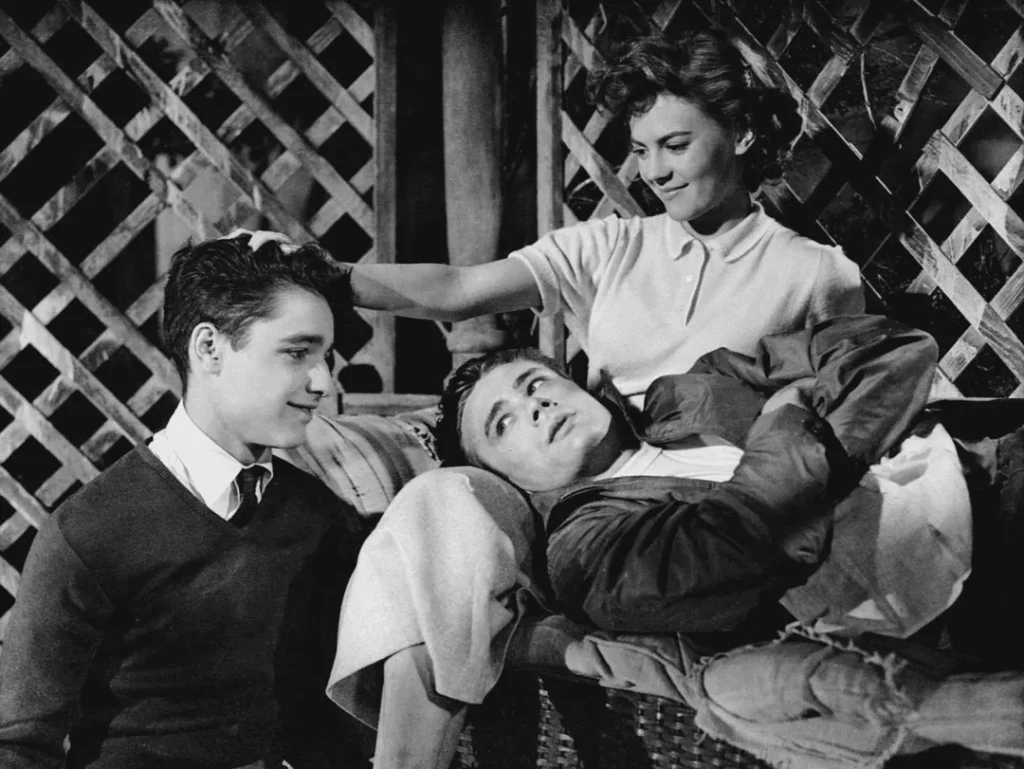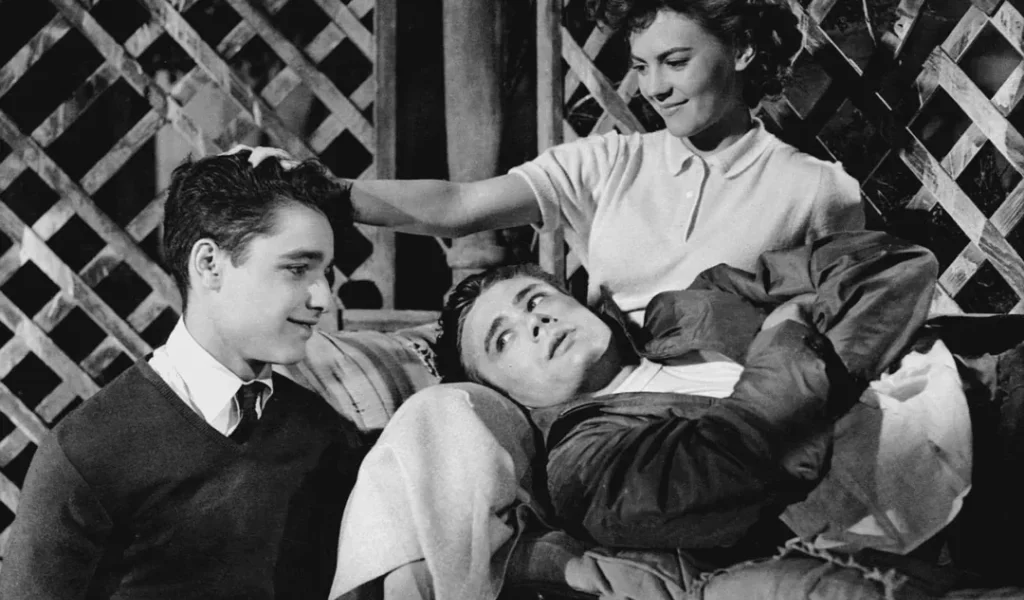In the constellation of Hollywood’s golden era, few stars have burned as brightly and faded as quickly as James Dean. Born on February 8, 1931, in Marion, Indiana, Dean’s rise to cinematic fame was as meteoric as his tragic demise, which came just 24 years later.
Raised primarily in Fairmount, Indiana, after the death of his mother, Dean developed a passion for drama and the creative arts during his school years. His early foray into the world of acting led him to the prestigious Actors Studio in New York, where he honed the craft under Lee Strasberg’s tutelage, embracing the method acting approach that would later define his career.
Dean’s breakthrough came with the 1955 film “East of Eden,” an adaptation of John Steinbeck’s novel. His portrayal of the emotionally complex Cal Trask earned him a posthumous Academy Award nomination for Best Actor, a rare honor and a testament to his profound impact on audiences and critics alike. This was followed by two more iconic roles: as the troubled teenager Jim Stark in “Rebel Without a Cause” and as the disaffected ranch hand Jett Rink in “Giant.” Both films cemented his reputation as a symbol of youthful angst and disillusionment in post-war America.
Off-screen, Dean was known for his eclectic interests, from bullfighting literature to jazz music, and his love for fast cars. His passion for racing and automobiles was well-known, contributing to his legend but also to his untimely demise. Dean’s life came to an abrupt end on September 30, 1955, when his Porsche collided with another vehicle in Cholame, California. His death was an ironic echo of the restless, risk-taking characters he portrayed.
James Dean’s career was brief, his life shorter, but his legacy is undiminished. In just three films, he crafted an enduring image of youthful defiance and vulnerability that continues to resonate with generations. His performances, marked by an intense realism, helped set a new standard for actors and remain a high benchmark for the art of cinema. Even decades after his death, Dean remains a figure of fascination, embodying the forever young and forever rebellious spirit of the silver screen.
